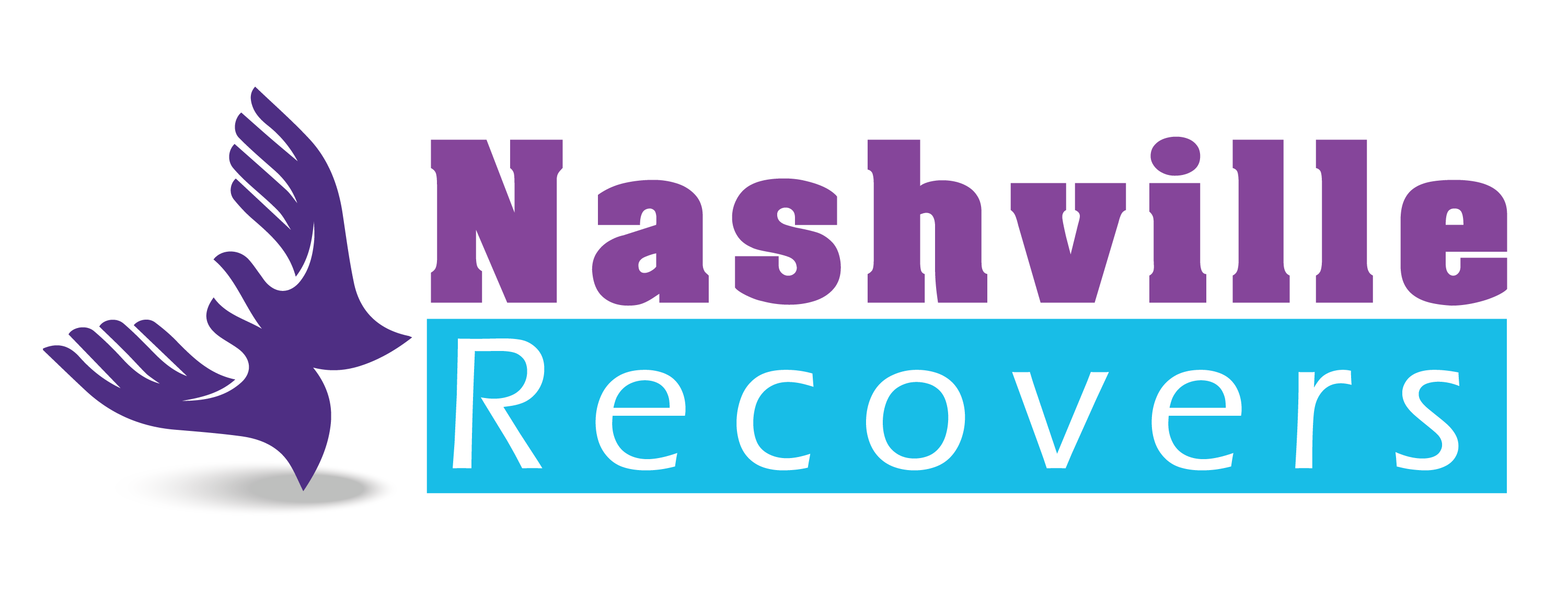OK, recovery brothers and sisters, we’ve all been to that meeting where the (usually old) guy starts quoting out of our fellowship’s main book. In fact, it seems that all that guy does at meetings is read out of the literature – and never shares about himself.
Some call ‘em “book thumpers,” similar to Bible thumpers we hear about from the religious world.
Josh C., 34-year-old literature lover with two years clean and sober, concedes there are those who use the books as a weapon.
 “The literature can be used to hit people over the head or to be shared directly at one person,” he says. “In that way, it hurts more than it helps.”
“The literature can be used to hit people over the head or to be shared directly at one person,” he says. “In that way, it hurts more than it helps.”
That can feel yucky, like dude is talking down to us. But maybe, if we check our ego, we’re open to the possibility that he is saying exactly what we need to hear that day.
So I ask you this: When you’re at a meeting, do you get more from people who share their experiences or people who share out of the literature?
That’s an easy one for Alvin G., 23, of Bordeaux, an electrician with two years clean and sober.
“If I’m there, I wanna hear something somebody went through, not something somebody else read,” Alvin said.
“I wanna hear how they’re making it. I get more out of people who are working the program, living the program, not reading about the program,” he said.
Oh snap!
John B. of Bellevue, who has eight years clean, agrees.
“My opinion, I’ll say, I think some people take (12-step recovery) as kind of a religious thing; they study that book to throw out quotes,” John says.
“That’s not important to me. What’s important to me, what’s your experience? How did you get through it? The pure thumper is just too much.”
But wait, it’s not just old men who quote the literature.
Lauren O., a 24-year-old with two years clean and sober, shares out of her fellowship’s book nearly every time she speaks at a meeting.
“I definitely feel like the solution is in the book,” Lauren says. “People stick to what the book says, and they stay sober.
“I feel like there’s a lot of power in the book. I have bits and pieces memorized, and I love it.”
Bellevue’s Mark H., with 16 months clean and sober, says there are times he needs to hear directly from literature in a meeting.
“Sometimes, you gotta go back to the basics on those days,” Mark says, “it’s great to have people who are like your third grade teacher because that’s what you need.”
If there’s a consensus, it’s this: A combination works best for folks I talked to for this blog. It’s really cool when people can take what they learned from the literature and talk about how they actually apply it in their lives.
“I think I get the most from a combination of the two,” Josh C. says. “I don’t think one is more important than another.
“When it’s used in a loving way, the literature can be used to redirect the group back to recovery talk. I identify with the literature but I may not identify with everyone’s share.”
Jamie J., 27, with five years clean, says she learns literature best when it’s mixed with experience.
“If you can quote the literature appropriately and it hits home and you’re not just reading out of a book, and it makes your point, great,” says Jamie.
“If it’s pertinent, it makes it more real,” she says. “That’s how I got the literature, when people relate it to their lives.”
Brandie R., a West End area resident with a year clean, agrees with Josh that the literature relates to everyone in recovery.
But Brandie is more affected when she hears experience.
“I like hearing from somebody like myself, a chronic relapser who never told anyone she’s a chronic relapser, I can relate better to that person sharing their experience on relapsing. It’s more personal,” she said.
“Who likes to say, ‘I have a problem’? Not me. But it makes me feel safer, helps me be more vulnerable when someone else shares their problems.

Recent Comments